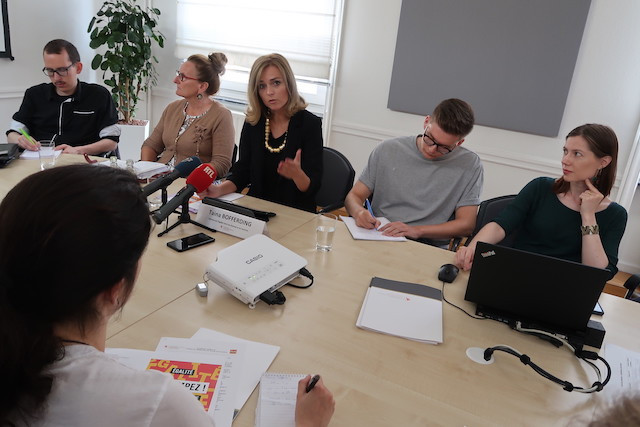The survey, which asked for public opinion on a range of topics related to equality between men and women, was available in 5 languages (Luxembourgish, French, German, English and Portuguese).
Over 3 weeks, a total of 1,777 Luxembourg residents and workers participated in the survey.
The participants were asked their opinions over the evolution of equality between women and men in recent years in Luxembourg. A large majority (80%) of them responded that there had been progress made and that there was either some or no work left to be done.
However, when participants were asked to rate the urgency of specific issues faced by women, 6 topics were considered somewhat urgent or absolutely urgent by at least 72% of respondents. The issue rated most urgent was women’s exposure to violence, harassment and other forms of abuse.
When asked how this specific issue could be solved, 77% of participants agreed awareness campaigns should be targeting children in schools.
The second most pressing topic according to respondents (61%) was the salary gap and career advancement differences between the sexes.
Tackling stereotypes
Respondents also answered questions linked to stereotypes about men and women, and where those are most prevalent.
The answers varied according to the gender of the participants: 61% of female respondents believed that stereotypes were more often found in the professional environment, whereas the number one place to find stereotypes, according to 42% of men, was in the media.
When asked for the best ways to tackle stereotypes, respondents most often agreed that reworking of educational content and school guidance (59%), putting forward men and women whose jobs go against stereotypes (53%), and organising awareness programmes (51%) would yield the best results.
Other topics also identified in the report include equal political representation, share of household chores and vulnerable groups most facing inequalities.
